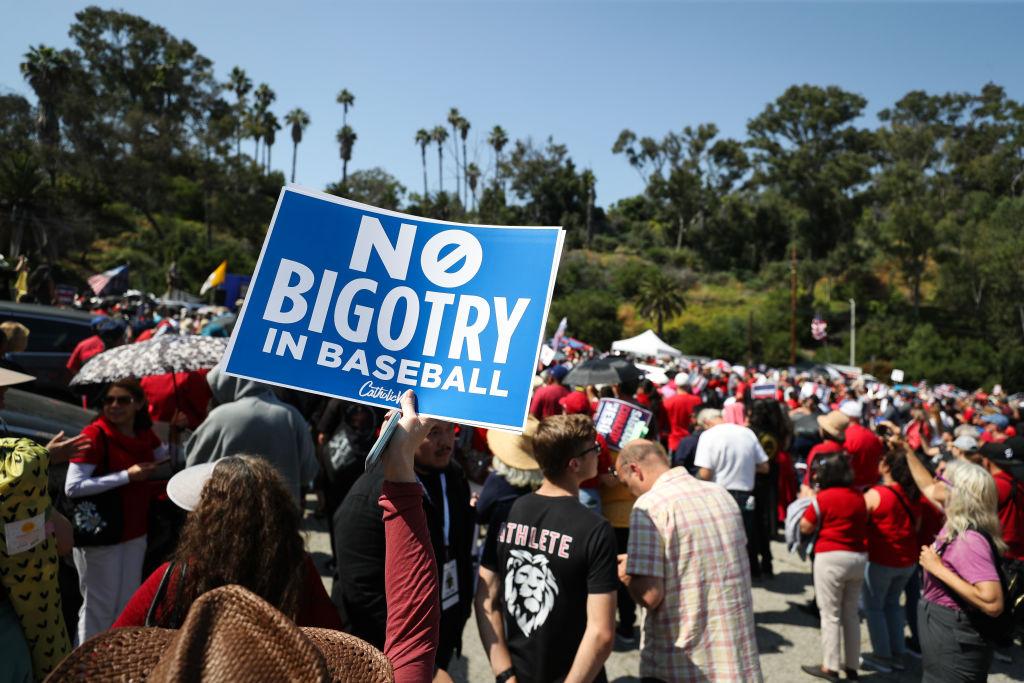News Analysis
When the University of Oklahoma softball team showed up for the College World Series last week, reporters expected to hear pride and camaraderie from a squad on the way to winning its third consecutive national championship.

When the University of Oklahoma softball team showed up for the College World Series last week, reporters expected to hear pride and camaraderie from a squad on the way to winning its third consecutive national championship.